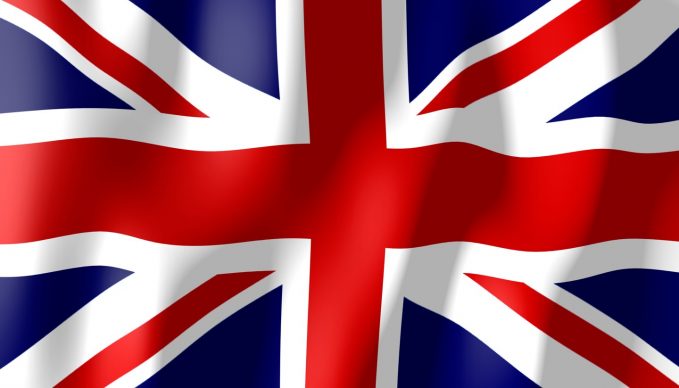The Office for National Statistics reported that the UK economy shrank in April due to the dampening effect of bad weather on consumer expenditure, a major setback to Prime Minister Rishi Sunak.
The ONS reported that the gross domestic product (GDP) increased by 0.4% in March but remained stagnant during the month. The number was consistent with what economists had predicted.
The numbers are troubling for Mr. Sunak, as he has based a large portion of his campaign for the general election on the past performance of his Conservative Government’s economic recovery.
The slow progress comes after the UK emerged from a brief recession at the end of last year, with GDP growth of an anticipated 0.6% in the first quarter of 2024.
It also occurs a little more than a week before the Bank of England’s upcoming interest rate announcement.
The Monetary Policy Committee is unlikely to cut interest rates without more progress on inflation and a slowdown in the employment market, according to experts.
Rob Wood, chief UK economist at Pantheon Macroeconomics, said: “These growth data further complicate the MPC’s upcoming interest rate decisions. Rate-setters will keep rates on hold in June, but now a cut in August looks a little less likely.”
According to estimates, the real GDP increased by 0.7% on a quarterly basis between the three months ending in April 2024 and the three months ending in January 2024.
Monthly GDP figures can be erratic, so Luke Bartholomew, deputy chief economist at asset management behemoth abrdn, advised clients to “look at the broader trend across several months.”
He added: “And on that measure, a picture of solid recovery from last year’s recession emerges. This should continue as the year progresses as households benefit from strong real income growth amid falling inflation.”
April saw a 0.2% increase in services output, marking the fourth consecutive month of growth, while production output decreased by 0.9% in April after increasing by 0.2% in March.
April saw a 1.4% decrease in construction output, the third consecutive month of declines.
Shadow chancellor Rachel Reeves said: “Rishi Sunak claims we have turned a corner, but the economy has stalled and there is no growth.
“These figures expose the damage done after 14 years of Conservative chaos.”
Sarah Olney, a spokeswoman for the Liberal Democrats in the Treasury, claimed that the lack of growth in April demonstrated the Tories’ “utter failure” to fulfil their pledges.
“As Rishi Sunak’s time as Prime Minister peters out, so does the UK’s economic growth,” she said.
Chancellor of the Exchequer Jeremy Hunt said: “There is more to do, but the economy is turning a corner and inflation is back down to normal.”
He added that the Conservatives would “keep the economy growing with our clear plan to cut taxes on work, homes and pensions”.
Peter Arnold, chief UK economist at consultants EY, said: “Monthly GDP data can be noisy and the focus placed upon individual outturns should therefore be measured.
“Indeed, after three strong month-on-month gains, it was always likely that there would be some payback in April, and a flat outturn beat our expectations.
“Looking through this volatility, we expect GDP to grow at a decent pace in Q2. The drag on some sectors from an early Easter should unwind in May.”
Suren Thiru, economics director at the Institute of Chartered Accountants in England and Wales, said: “Despite these disappointing GDP figures, a June interest rate cut looks improbable, with the Bank of England likely to be a little wary of shifting policy in the middle of a General Election campaign.”
Nicholas Hyett, investment manager at Wealth Club, said: “The market had low expectations for the UK economy in April, and it duly delivered.
“In an election month, where every data release will be being watched closely, there’s little here to change the narrative.”











